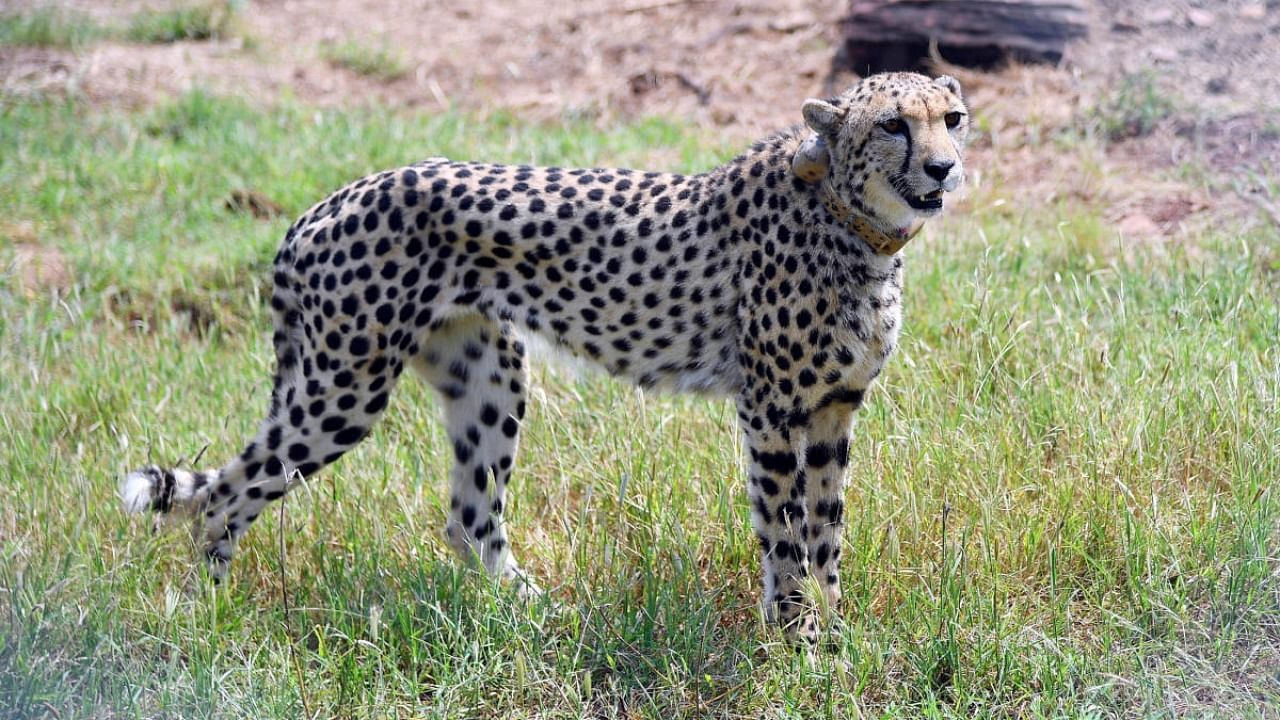
The Banni Grassland used to be a habitat for cheetahs, which became extinct over time.
Credit: Reuters Photo
The Gujarat government on Friday said that the central government has approved setting up a cheetah breeding and conservation centre in Banni Grassland, a reserved forest spread over 2,618 sq km in Kutch district. The government said a proposal had been sent to the centre which has been accepted.
State Forest Minister Mulubhai Bera in a statement said that to support the restoration of the cheetah population in the country, the state government had prepared a proposal under the National Compensatory Afforestation Fund Management Authority (National CAMPA) for using Banni Grassland as one of the centres. He said that the proposal was accepted by the central government in a meeting held on Friday.
Bera further said that the National Tiger Conservation Authority (NTCA) would monitor the progress of the project. The Minister noted that in the past, Banni Grassland used to be the habitat of cheetahs, which became extinct over time. He added that proposals in this regard had been sent to the central government previously as well. With this approval, he said, the grassland would become a home to cheetahs. The minister also pointed out that the cheetah population would attract tourists to Kutch district, which is emerging as a tourist hotspot.
Banni Grassland, considered one of the finest, spans 2,618 sq km and is located along the northern border of Kutch. It is also home to 40,000 Maldharis, a pastoral community known for rearing high-yielding buffaloes and cows.
The grassland is facing encroachment due to increased agricultural activities. Banni comprises grassland and wetlands with rich flora and fauna. Research estimates indicate approximately 200 species of plants, 250 species of birds, mammals, and reptiles.
As part of the reintroduction of cheetahs under the 'Action Plan for Introduction of Cheetah in India,’ the central government has prioritized four former cheetah range states, including Gujarat, Rajasthan, Chhattisgarh, and Madhya Pradesh. Under the scheme, about 20 cheetahs were imported from Namibia and South Africa to Kuno National Park in Madhya Pradesh. However, nine of them are reported to have died.